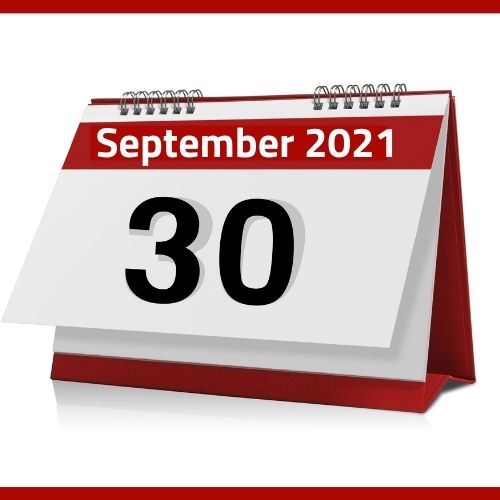Time is running out on Covid-19 eviction moratoriums. On Thursday, August 26, the United States Supreme court denied the option of a new national ban on most evictions. The action is yet another blow to renters waiting for funds from the $47 billion rental assistance program. However, only 11% has been released to tenants after frustrating administrative delays.
San Francisco COVID-19 Eviction Ban – What to Know NOW
California is one of just seven remaining states with eviction moratoriums in place. In late June Gov. Gavin Newsom announced a ban on Covid-19-related evictions through September 30, 2021. That leaves just one month for tenants to repay at least 25% of rent owed from September 1, 2020 to September 30, 2021.
The timeline applies to all tenants – including mobile home renters, regardless of immigration status. If you satisfy the 25% payment requirement for the 12-month “transition time,” your landlord cannot evict you for not paying the full amount owed. If you owe rent due prior to September 30, 2021, your landlord may pursue payment via small claims court.
Time is Running Out For Assistance
It is the responsibility of tenants to justify late payments by providing a Declaration of COVID-19 Related Financial Distress. If you lost your job or daycare for your children, or cared for family members who were ill, you were impacted. If you had new household costs for medical bills, or expenses related to essential work, you can still declare a hardship. Regardless, the window to catch up on the prior 12 months’ rent is closing on September 30, 2021.
Landlords Must Still Follow The Rules
In a previous post, we explained the detailed process for protecting your Covid-19 rent relief status. If you followed the legal guidelines and worked with your landlord to remain in your home, there are still reasons for diligence during this “transition period”.
- Landlords must provide written notice of eviction at least 15 business days prior to September 30, 2021.
- If your landlord abides by the 15-day timeline, you may still have options to avoid eviction if you have “good reasons” for not supplying the declaration of financial hardship in time for a reprieve.
- If you’ve provided proof of financial impact due to Covid-19, landlords are prohibited from charging interest or late fees on unpaid rent.
- If your landlord locks you out and/or places your belongings on the street, they face a penalty of up $1,000 to $2,500.
- Until October 1, 2021 your landlord cannot evict you for “no cause.”
Collection actions for COVID-19 past due rent may not be started before November 1, 2021.
Make a Plan Now, Organize Your Records, Get Help
San Francisco tenants and landlords may still be eligible for State and Local rental relief funds. (Find out here). Put all your rental forms in order and contact a local tenants union for more information. Act now – free resources may be limited due to high demand.
As Covid-19 surges again, California now ranks third in the nation for most new cases. Even tenants who have only recently been financially impacted by the virus can avoid eviction by paying 25% of their rent.
If you believe your situation will require professional legal assistance and you think your rights are at risk, contact a tenant attorney immediately.
Know your rights. Protect yourself.


 (415) 533-0735
(415) 533-0735 (415) 843-0496
(415) 843-0496